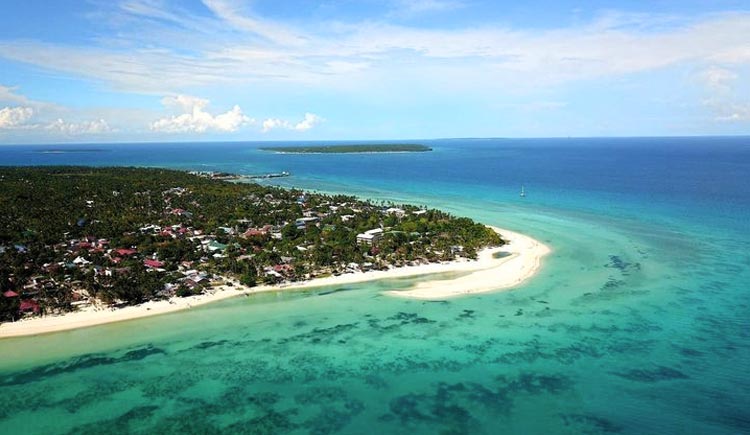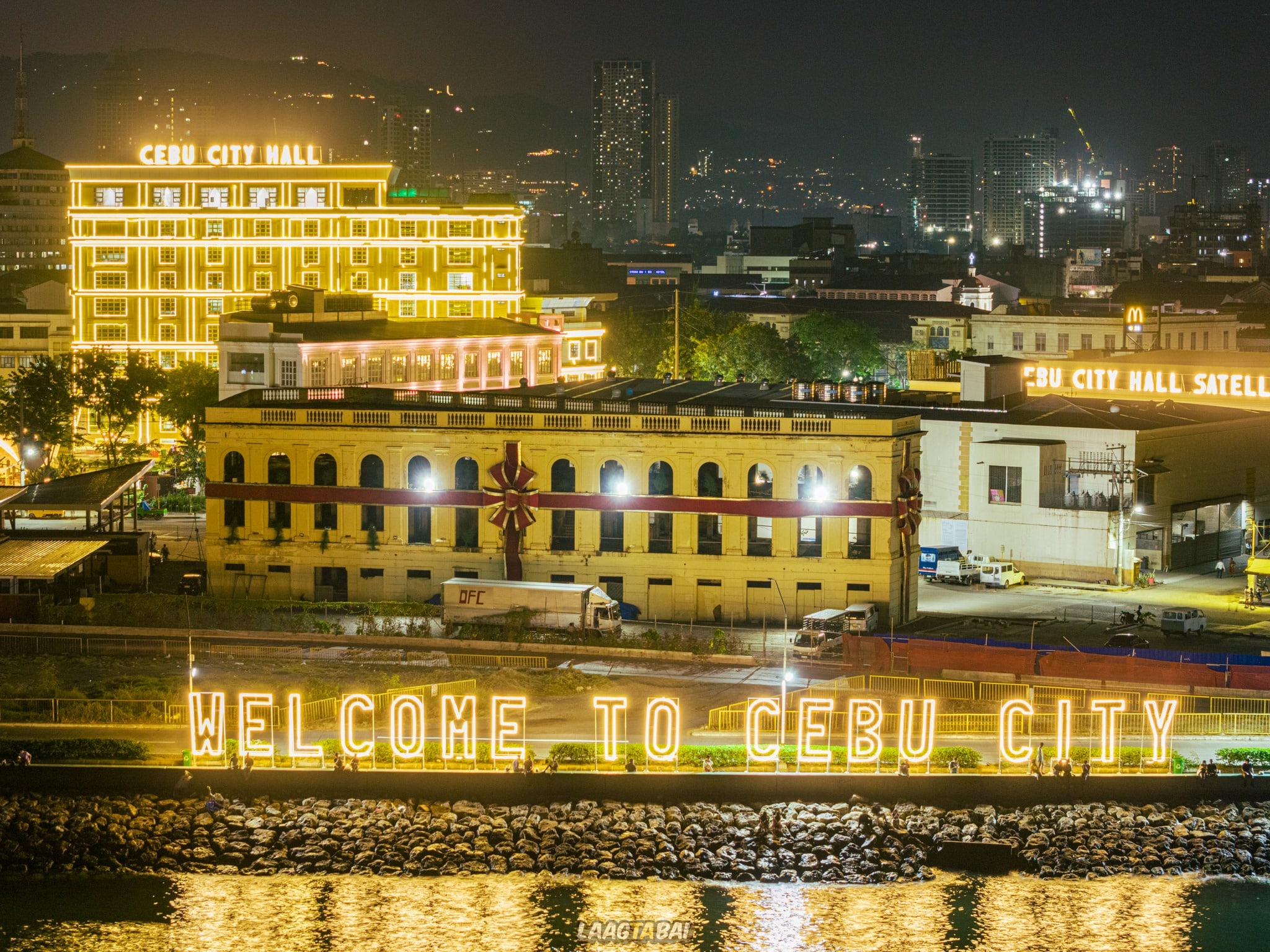As an economic powerhouse, top tourist destination, and important historical site in the country, Cebu City continues to live up to its reputation as the “Queen City of the South.”
A viable destination
While Cebu province’s major industries include tourism, agriculture, and fishery, Cebu City on its own boasts a wide array of thriving and booming industries. According to a Philippine Statistics Authority (PSA) report from 2021, these include wholesale and retail trade and real estate.
What primarily makes it a viable destination is its strategic location, which allows it to be accessed easily through various modes of transportation—thus making it both a convenient residential site and a rich tourist spot.
In a report it published in March this year, Colliers Philippines said that from 2024 to 2028, Cebu City, along with Mandaue City and Lapu-Lapu City, will likely account for 97 percent of the new supply. Condo prices are also expected to grow by 5 percent annually from 2024 to 2028, it added.
According to Colliers, “Cebu remains as one of the most attractive and largest residential hubs outside of Metro Manila. National developers continue to launch in Metro Cebu as they are optimistic about the locale’s potential for growth even beyond 2024.”
Wealth of options
Cebu City is home not only to countless residential options, but also reputable institutions and key establishments as well.
As expected of one of the wealthiest cities in the country, Cebu City boasts a wide range of urban amenities, such as shopping centers, clinics, schools, offices, and transportation hubs. It is also home to several major universities, one of which is the University of San Carlos, which nabbed a spot in the top 10 on EduRank’s list of the top 100 universities in the Philippines in 2023.
Cebu City is likewise teeming with work opportunities, given the influx of IT and business process outsourcing (BPO) companies, which have since benefited residents in this area.
With thousands of Cebuanos and even non-Cebuanos employed in this field, and given its resilience during the COVID-19 pandemic, the booming IT-BPM industry in Cebu City remains filled with opportunity and can only be expected to grow further in the next decade.
Impressive infrastructure
This prominent city also has much to show off when it comes to its infrastructure.
One of the most notable is the 8.9-km Cebu-Cordova Link Expressway, which links Cebu City to the historical Mactan Island via the town of Cordova. At present, this thoroughfare serves an average of over 16,000 vehicles daily—more than double the number of vehicles it has seen since it was first opened in April 2022. That number is expected to further grow.
Even on a smaller scale, Cebu City shines on its own right.
In 2021, Cebu City’s local government was recognized in the Digital Governance Awards, placing third in the Best in Inter-Operability (G2G) Award and second in the Best in COVID-19 Pandemic Response (G2P) Award. It also ranked first in the Most Improved Local Government Unit for the Highly Urbanized Cities category at the 2023 Cities and Municipalities Competitiveness Index–definitely a sign of the city’s continuing progress.
Sources: Inquirer archives, Philippine Statistics Authority, edurank.org, dict.gov.ph, facebook.com/cmciph



